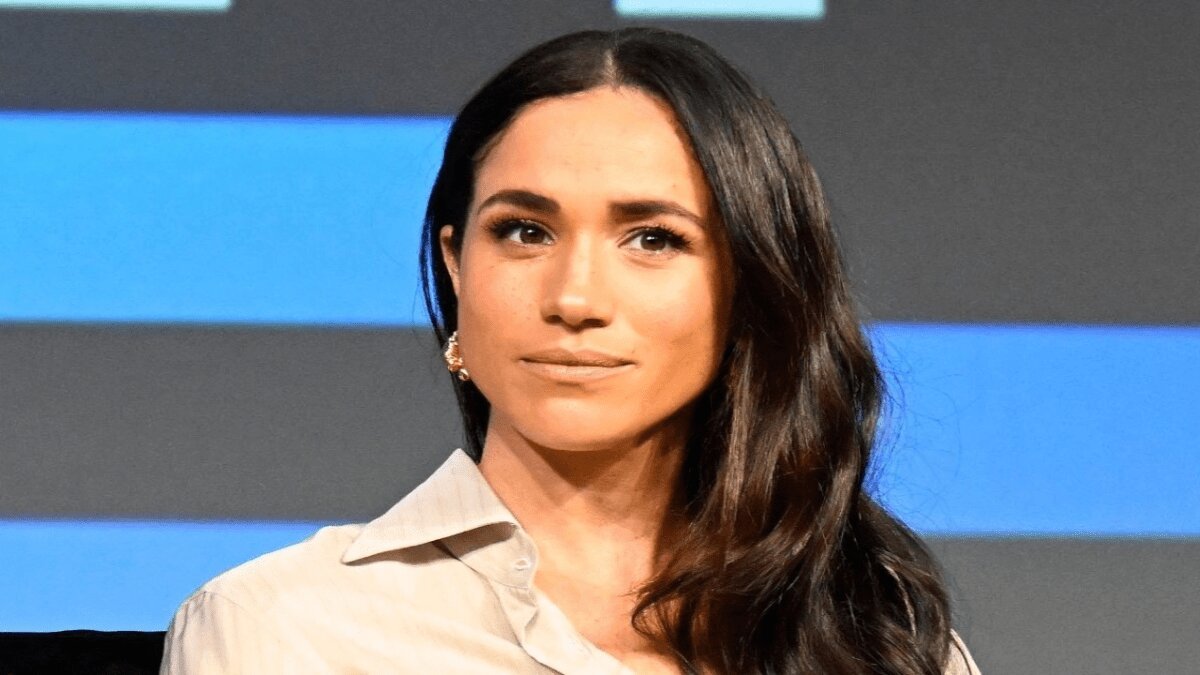Meghan Markle is facing accusations of plagiarism following a claim made by UK author Mel Elliott, who alleges that the concept behind Markle’s scrapped Netflix series, Pearl, bears “striking similarities” to Elliott’s own work, the Pearl Power series. The controversy has sparked discussions on intellectual property and creative originality in high-profile media projects.
Pearl was announced in 2021 as part of Markle’s multimillion-dollar deal with Netflix. The animated series, which Markle was set to executive produce, was described as focusing on a young girl embarking on a journey of self-discovery, inspired by influential women in history. However, the series was shelved before production began, and it is now at the center of a legal dispute.
Elliott, who published her Pearl Power series in 2014, claims that the concept of a young girl, named Pearl, learning from powerful women parallels her own creation. She expressed her disappointment in a statement to The Daily Mail, saying, “Meghan is a feminist who sticks up for other women, so I was disappointed and confused to see how similar Netflix’s proposed show Pearl was to my own Pearl Power.”
While Elliott acknowledged that she could not definitively prove that Markle’s team copied her work, she insisted that the similarities were too significant to overlook. She also revealed that she had sent legal letters to both Archewell Productions and Netflix but did not receive a response.
Although Pearl never made it past the development stage, the dispute has drawn attention to the importance of originality and proper acknowledgment in the creative industries. As of now, neither Netflix nor Archewell Productions has commented on the allegations.
The situation is ongoing, and it remains to be seen how Markle’s team and Netflix will respond to the accusations. This case raises important questions about intellectual property rights and the responsibilities of those involved in producing media content at the highest levels.


